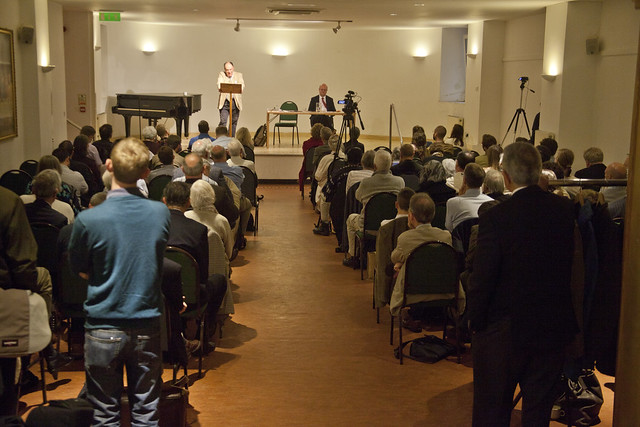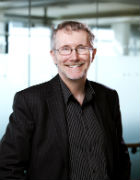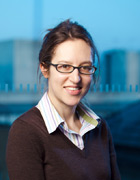 Michael Davis, Romano Amerio, Dietrich von Hildebrand were not aware of the irrational premise which makes Vatican Council II a break with Tradition.They interpreted Vatican Council II assuming LG 16,LG 8 etc were visible exceptions in the present times to all needing to enter the Catholic Church.
Michael Davis, Romano Amerio, Dietrich von Hildebrand were not aware of the irrational premise which makes Vatican Council II a break with Tradition.They interpreted Vatican Council II assuming LG 16,LG 8 etc were visible exceptions in the present times to all needing to enter the Catholic Church.
Traditionalists seem to agree with me. None of them have denied what I have written.
Like Archbishop Marcel Lefebvre and the SSPX bishops, Michael Davis, Romano Amerio, Dietrich von Hildebrand, accepted this error in the Letter of the Holy Office 1949 believing that the 'magisterium' could not be wrong. The Letter of the Holy Office during the pontificate of Pope Pius XII wrongly infers that the baptism of desire and being saved in invincible ignorance are explicit and so are exceptions to the literal interpretation of Fr.Leonard Feeney. In other words, these cases are visible and known to us, for them to be exceptions was the wrong inference.With this irrationality, the Letter of the Holy Office 1949 opposed the traditional interpretation of the dogma extra ecclesiam nulla salus and the Church's understanding of other religions and Christian communities.
Michael Mat, Chris Ferrara, John Rao and James Bogle recently spoke at a conference in England and ignored the fact that Vatican Council II can be interpreted without an irrational premise. It can be interpreted with Feeneyism (no known exceptions to the dogma extra ecclesiam nulla salus) or with Cushingism ( there are known exceptions to the dogma extra ecclesiam nulla salus, e.g the baptism of desire).The premise used decides if Vatican Council II can be interpreted as a break with the dogma and Tradition or in agreement with the dogma extra ecclesiam nulla salus.
Vatican Council could be a break with the traditional teachings on other religions and Christian communities or be traditional on this issue.
They were not aware of the irrational premise.
Michael Mat, Chris Ferrara, John Rao and James Bogle have not denied that the leaders of the traditionalist movement, including Archbishop Marcel Lefebvre, were not aware that it was the irrational premise which made Vatican Council II a break with Tradition.
Without the false premise Vatican Council II(Ad Gentes 7) is in agreement with the traditional interpretation of extra ecclesiam nulla salus and LG 16,LG 8,NA 2 etc are not explicit exceptions to Ad Gentes 7 and extra ecclesiam nulla salus.
-Lionel Andrades
October 8, 2014
Michael Mat, Chris Ferrara, John Rao and James Bogle again spoke at a conference and did not mention that Vatican Council II can be interpreted without an irrational premise
Michael Davis, Romano Amerio, Dietrich von Hildebrand were not aware of the irrational premise which makes Vatican Council II a break with Traditionhttp://eucharistandmission.blogspot.it/2014/10/michael-davis-romano-amerio-dietrich.html#links





